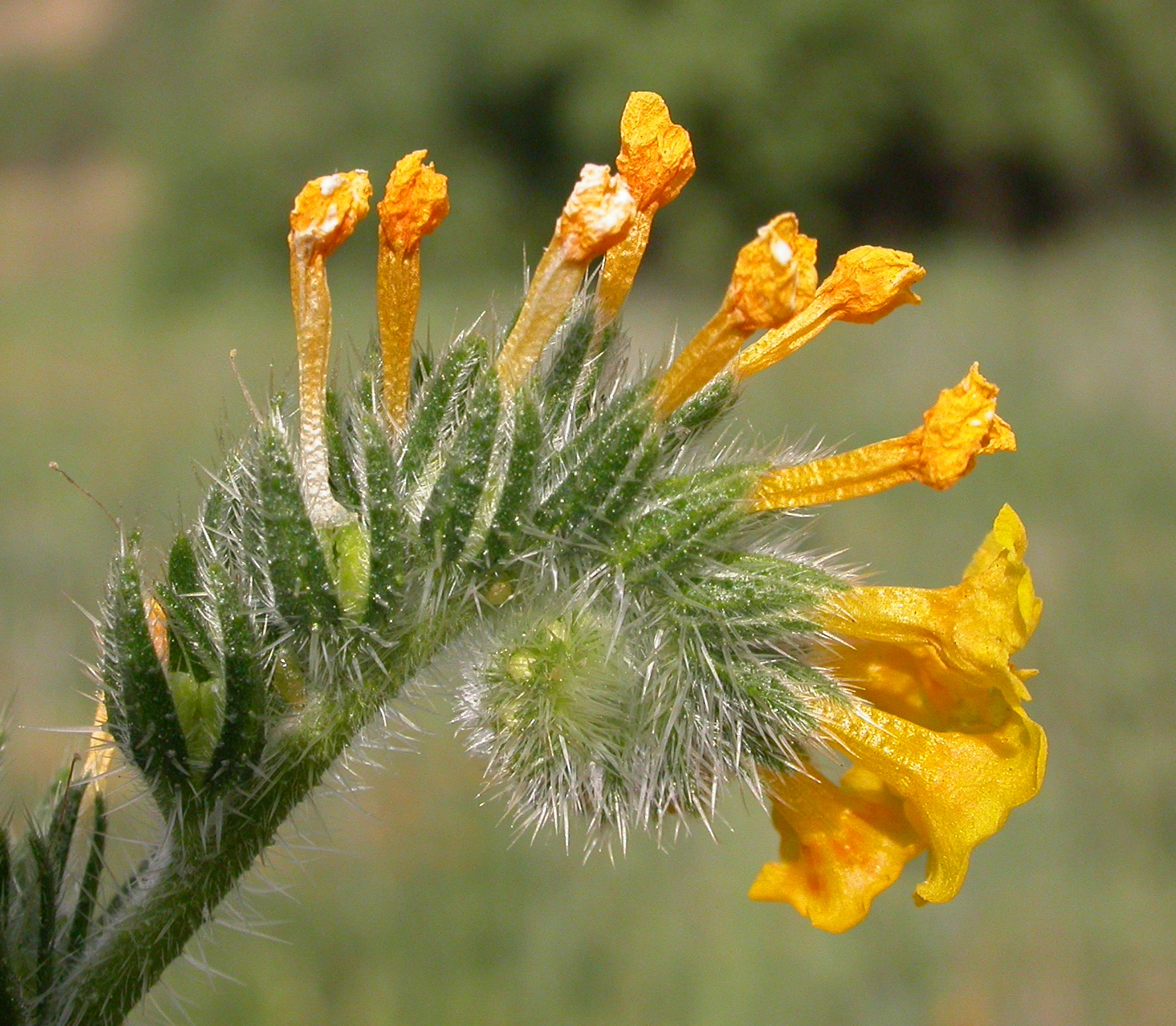Hi Mimi (Cecilia, and Association of Internet Researchers, AoIR),
Thanks for your great research focus on teen online affinity networks.
I'm wondering if you might like to focus on questions of exploring 'building out' youth online communities to promote positive social support and mental wellness through digital channels. World Univ & Sch seeks to build online high school degree communities (potentially International Baccalaureate-centric - e.g. https://wiki.worlduniversityandschool.org/wiki/WUaS_International_Baccalaureate_Diploma_and_Programme) first in the US in English and then also in each of ~200 countries' official / main languages, and as we eventually license (BPPE) and accredit too. And as a wiki, World University and School is also seeking to explore related questions with regards to online teen 'Universitian' (wiki-editors, teachers and learners) at World University and School, in all kinds of wiki subjects - e.g. https://wiki.worlduniversityandschool.org/wiki/Subjects - again for wiki-open teaching and learning. (I don't know the teen Wikipedia communities in these regards). So, teens in African countries, for example, would be central to this in some years, after the English-speaking (MIT OCW-centric online High School - https://ocw.mit.edu/high-school/ - again potentially I.B.) begins to grow. Conceptually, such teen groups and channels would be in something like Google Education, and even Google + Plus social media site which was closed in April of 2019 (if G+ was re-vamped for this, for example).
I think these areas would address both of your questions:
Two questions:
• Do you know of online groups, communities, networks, or influencers who serve these groups of teens, and who might be possible partners for this kind of effort?
• Are there channels and forms of teen online participation that might be fruitful avenues for reaching vulnerable teens? For example, young women of color in college might form GroupMe or FB groups for social support, but I’m not certain if a similar practice exists at the high school level.
World University and School is seeking in particular to study academically questions of online mental wellness for teens, - e.g. https://wiki.worlduniversityandschool.org/wiki/Psychotherapy (again in potentially all countries' main languages) and with regards too to young women of color in high school.
And, further, World University and School is seeking to create a realistic virtual earth with avatar bots (am thinking Second Life in Google Streetview so where 10-person Google Hangouts' participants could become realistic avatar bots of teens, and in a 'digital gaming' like way too). I'm not yet clear how the digital teen space in such a single realistic virtual earth (think Google Streetview / Maps / Earth / Tensorflow with avatar bots / Translate+) will be different from the adult space here, and even re my related actual-virtual comparative ethnographic research on Harbin Hot Springs, and in planning for a realistic virtual Harbin at the cellular and atomic levels too (~ http://tinyurl.com/p62rpcg ~ https://twitter.com/HarbinBook ~ http://bit.ly/HarbinBook ~).
Thank you so much, Mimi, for digging in on this, and looking forward in many ways to communicating further about teen online affinity networks ... to promote positive social support and mental wellness through digital channels.
Best, Scott
On 5/31/19 9:18 AM, Mizuko Ito wrote:> Dear AoIR colleagues,
>
> I am seeking to expand my knowledge of teen online affinity networks for a new project I am scoping out, and was hoping to tap your wisdom.
>
> We are looking to partner with youth online community organizers and influencers to promote positive social support and mental wellness through digital channels. The goal is to work with networks involving teens (ages 13-18) who experience disproportionate amounts of discrimination, trauma, and stress, and are not currently well-served by more conventional mental health services. We’re particularly interested in serving girls of color and subgroups (eg. immigrant, Latinx, and Muslim teens), and LGBTQIA+ teens.
>
> Two questions:
> • Do you know of online groups, communities, networks, or influencers who serve these groups of teens, and who might be possible partners for this kind of effort?
> • Are there channels and forms of teen online participation that might be fruitful avenues for reaching vulnerable teens? For example, young women of color in college might form GroupMe or FB groups for social support, but I’m not certain if a similar practice exists at the high school level.
>
> The project is U.S. focused but I’d be interested in examples from outside the U.S. as well.
>
> I would be super grateful for any suggestions and advice, including literature to read and general feedback. Thanks so much for considering.
>
> Best,
> Mimi Ito
> Professor | UC Irvine @mizuko
> Director | Connected Learning Lab
> CEO | @connectedcamps
> http://www.itofisher.com/mito
>
> New Book!
> Affinity Online: How Connection and Shared Interest Fuel Learning
> _______________________________________________
> The Air-L@listserv.aoir.org mailing list
> is provided by the Association of Internet Researchers http://aoir.org
> Subscribe, change options or unsubscribe at: http://listserv.aoir.org/listinfo.cgi/air-l-aoir.org
>
> Join the Association of Internet Researchers:
> http://www.aoir.org/
>
--
- Scott MacLeod - Founder & President
- http://worlduniversityandschool.org
- https://twitter.com/WorldUnivAndSch
- World University and School - like Wikipedia with best STEM-centric OpenCourseWare - incorporated as a nonprofit university and school in California, and is a U.S. 501 (c) (3) tax-exempt educational organization, both effective April 2010.
*
https://en.wikipedia.org/wiki/Amsinckia_menziesii
https://species.wikimedia.org/wiki/Amsinckia_menziesii
https://species.wikimedia.org/wiki/Amsinckia_menziesii
...


.jpg)

.jpg)